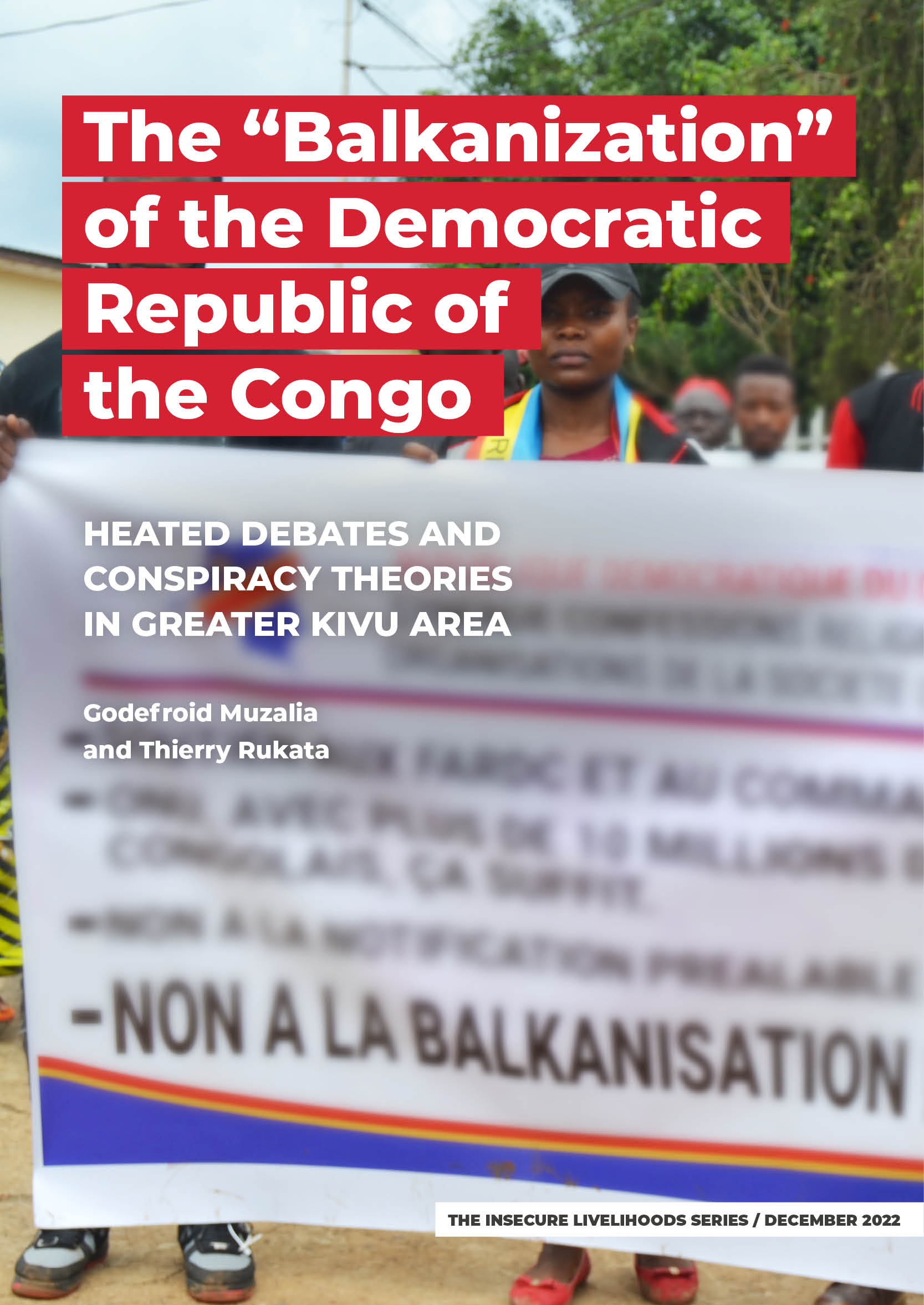The "Balkanization" of the Democratic Republic of Congo
As early as after the country’s 1960 independence, Prime Minister Patrice-Emery Lumumba denounced a plan for the “balkanization” of the Democratic Republic of the Congo. Sixty years later, the debate about the country’s purported repartition continues. Taking a historical and ethnographic perspective, this study looks at the longue durée of the phenomenon. It demonstrates that each time the country goes through political crisis, the spectre of “balkanization” rises anew: the 1960s secessions, the war context of the 1990s and 2000s, and the recent resurgence of the M23 rebellion. The protagonists of the debate denounce a conspiracy supported by an international community that would use Rwanda to partition the DRC, while others deplore Kinshasa’s inability to drive the country’s development as a whole and believe that there is a need for a different approach, which would be either federalism or balkanization. However, it appears that despite strident discussions balkanization seems not to be an alternative for the majority of Congolese, even though many fear invasions by Rwanda or other foreign forces. Therefore, the debate remains open.




